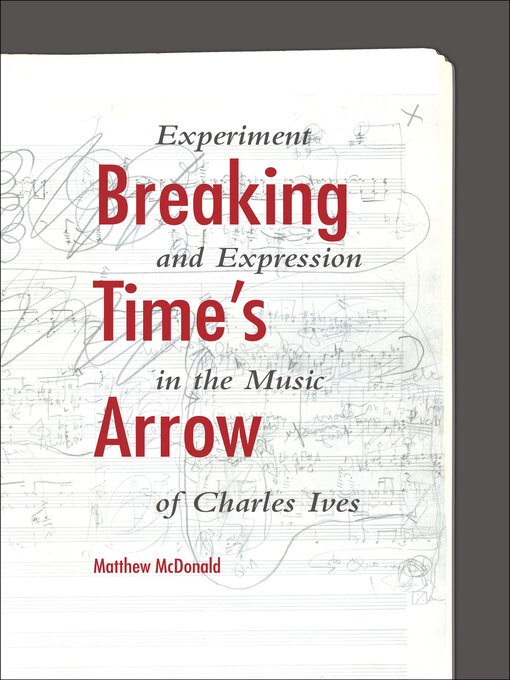-
Description
-
Details
Charles Ives (1874–1954) moved traditional compositional practice in new directions by incorporating modern and innovative techniques with nostalgic borrowings of 19th century American popular music and Protestant hymns. Matthew McDonald argues that the influence of Emerson and Thoreau on Ives's compositional style freed the composer from ordinary ideas of time and chronology, allowing him to recuperate the past as he reached for the musical unknown. McDonald links this concept of the multi-temporal in Ives's works to Transcendentalist understandings of eternity. His approach to Ives opens new avenues for inquiry into the composer's eclectic and complex style.
"A trenchant and intellectually expansive reading of Ives's relationship to time by connecting several compositions?and indeed, the composer's larger conceptualization of the past, present, and future?to the Emersonian concept of the "everlasting Now." This book is a wonderfully written, important contribution to scholarship on the music of Charles Ives." —Gayle Sherwood Magee, author of Charles Ives Reconsidered
"McDonald investigates both the temporal and spatial effects of multidirectional motion, as well as its ramifications for understanding some of the larger philosophical issues that are raised in Ives's music." —Music & Letters, May 2015
"McDonald brings together analytic and personal factors to sharpen the image of the composer in convincing ways. . . . This book . . . deserves a close reading. The bibliography provides a select list of scores and recordings as well as articles, books, catalogues, and unpublished commentaries. This book is recommended for college and university libraries and for readers with a music theory background." —Music Reference Services Quarterly

Kindle Book
- Release date: December 22, 2021
OverDrive Read
- ISBN: 9780253012760
- File size: 7366 KB
- Release date: December 22, 2021
EPUB ebook
- ISBN: 9780253012760
- File size: 7543 KB
- Release date: December 22, 2021
